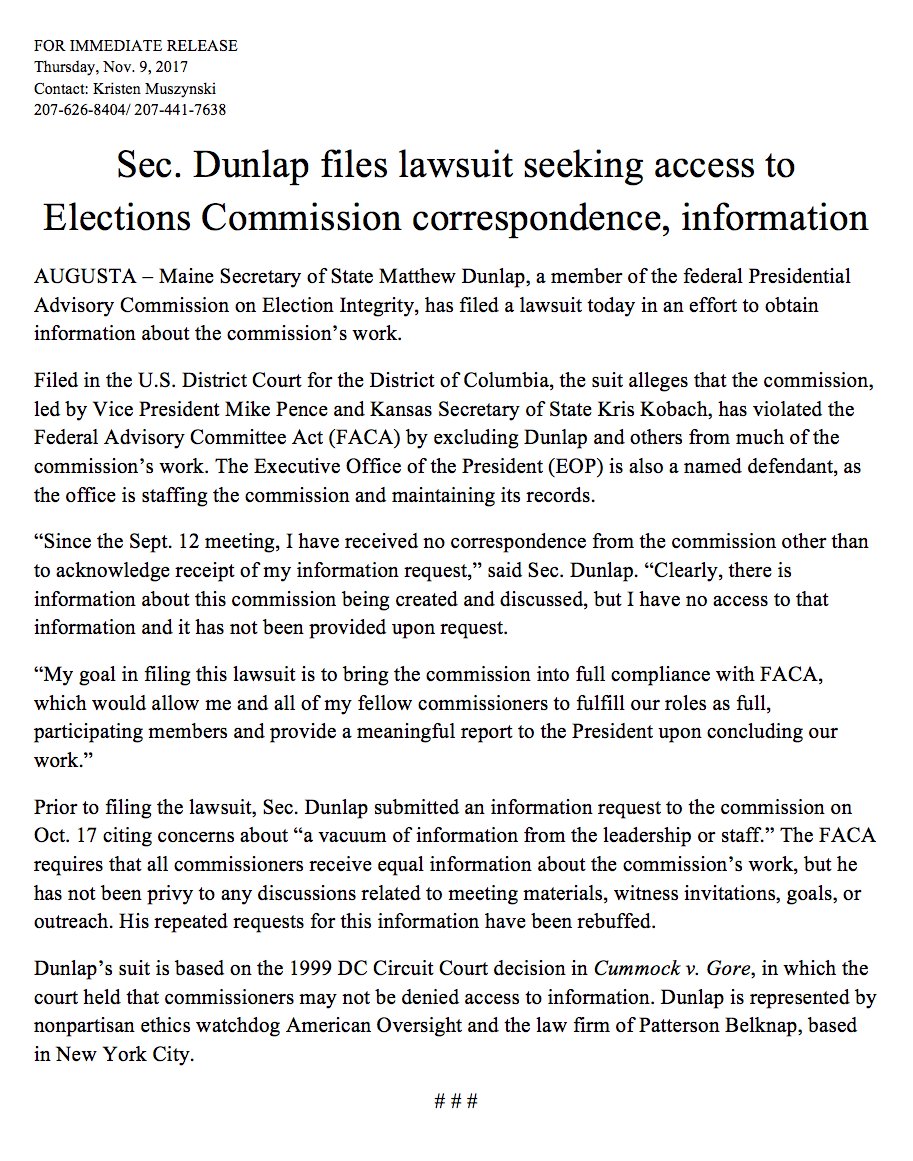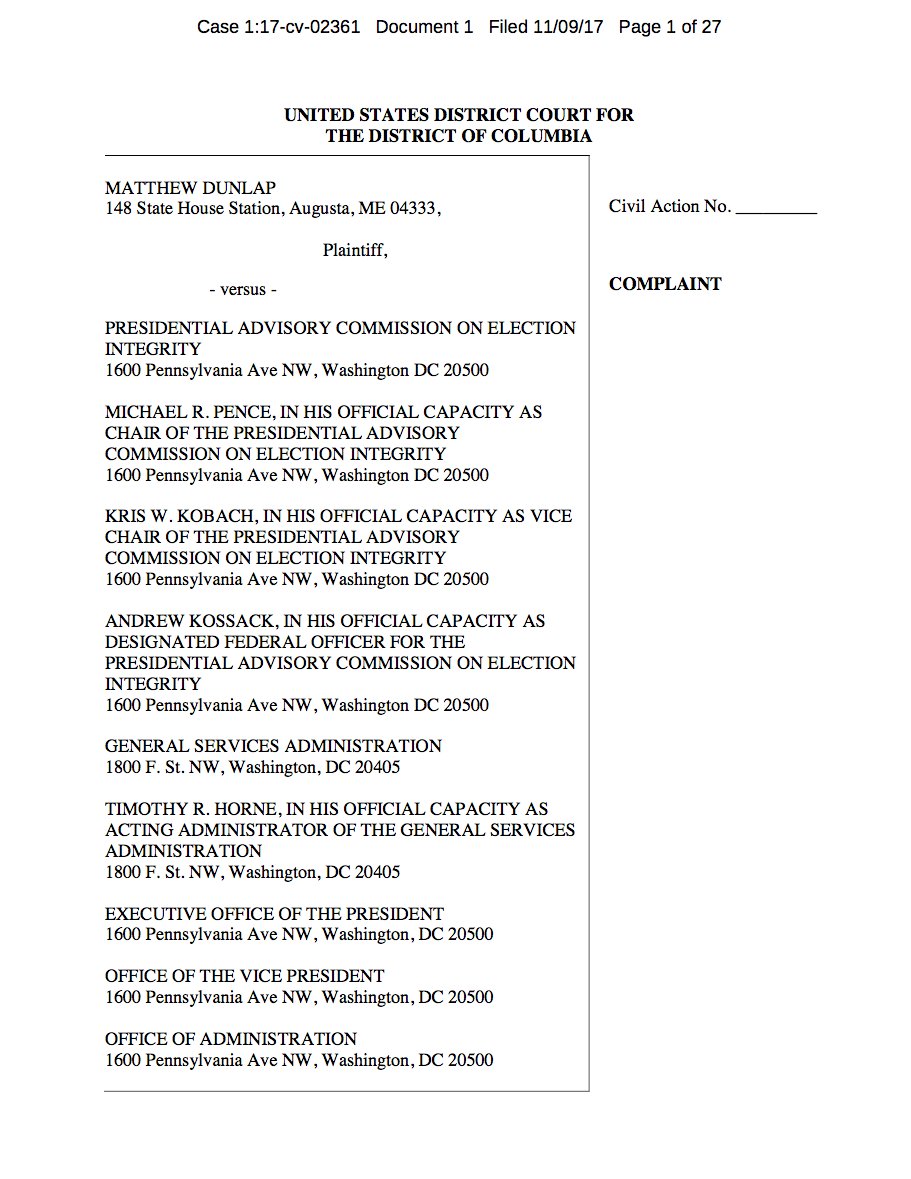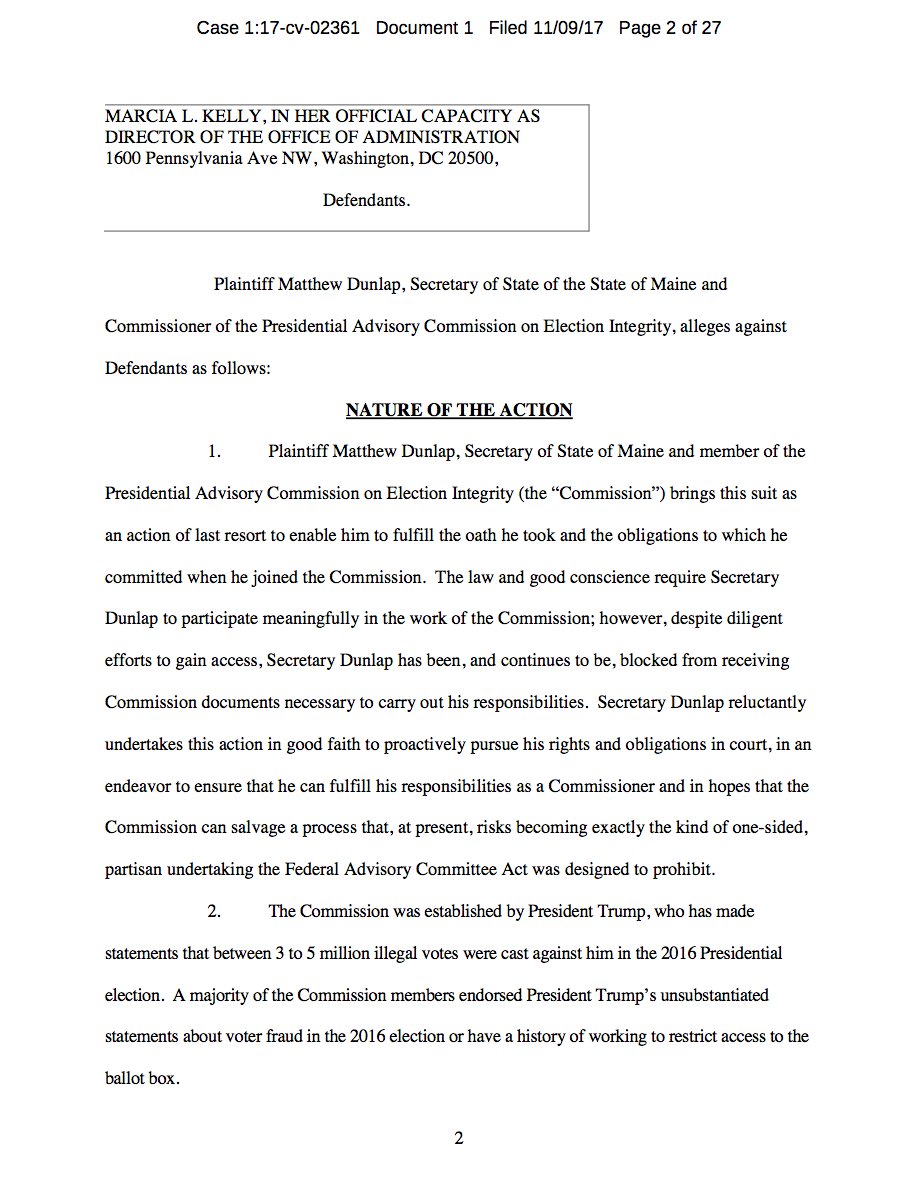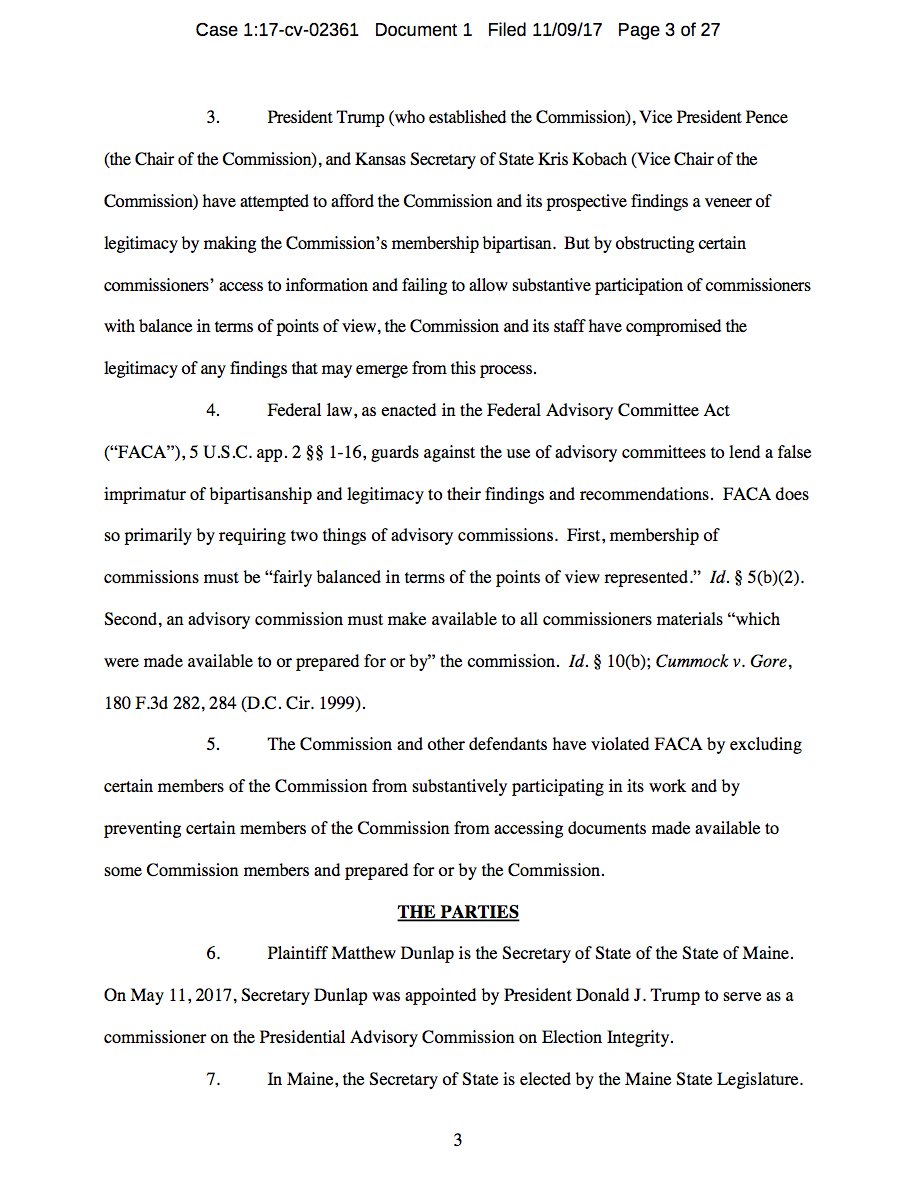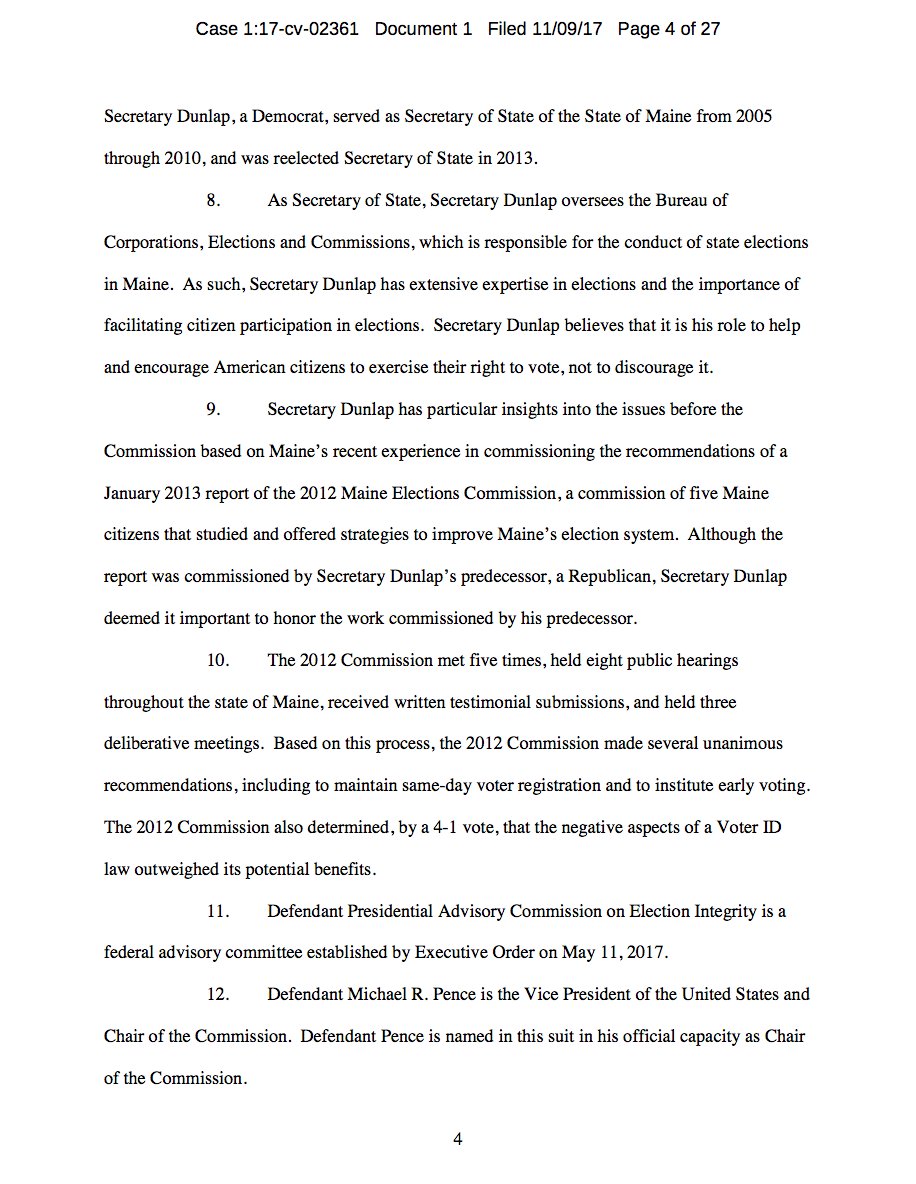@drawandstrike @ThomasWictor @HNIJohnMiller @jihadaeon1 @rising_serpent @_ImperatorRex_ @Debradelai @LarrySchweikart @GodlessNZ @TheChiIIum
grassley.senate.gov/news/news-rele…
The Senate has already received more documents from Judge Kavanaugh’s time in the Executive Branch than we did for any previous Supreme Court nominee.
The team of lawyers who work for the Majority have already reviewed more than 10,000 pages of the 307 judicial opinions that Judge Kavanaugh wrote—
I am confident that the Committee and the Senate will have ample information and time to carry out their responsibilities.
This precedent supports my decision not to ask for documents from Judge Kavanaugh’s time as White House staff secretary.
Democratic leaders have also tried to argue that Judge Kavanaugh’s White House records are being “cherry-picked” by Bill Burck,
I’d like to correct one additional misconception. The National Archives are not being cut out of this process.
I look forward to hearing from Judge Kavanaugh when he appears before the Judiciary Committee on September 4.




